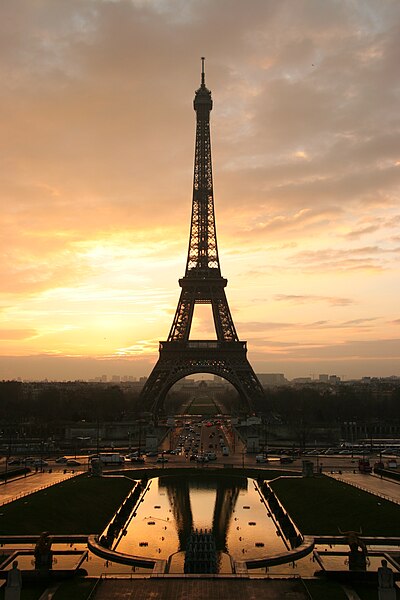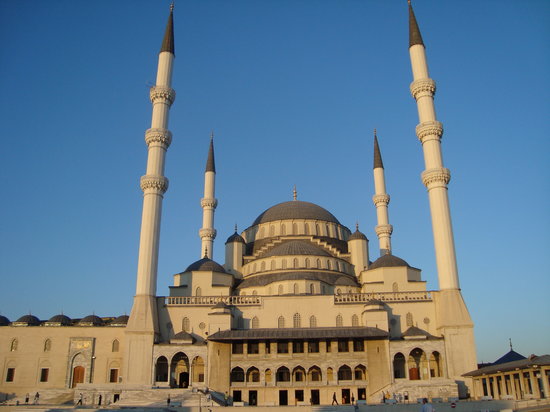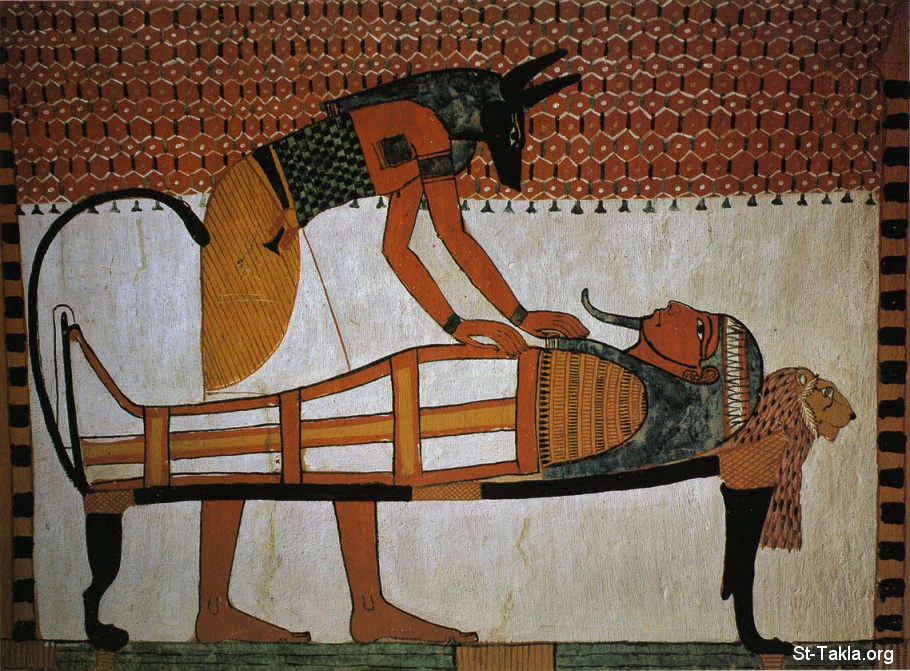Russia, officially known as both Russia and the Russian Federation (Russian: Российская Федерация, tr. Rossiyskaya Federatsiya ; is a country in northern Eurasia. It is a federal semi-presidential republic, comprising 83 federal subjects.
The nation's history began with that of the East Slavs, who emerged as a recognizable group in Europe between the 3rd and 8th centuries AD. Founded and ruled by a Varangian warrior elite and their descendants, the medieval state of Rus arose in the 9th century. In 988 it adopted Orthodox Christianity from the Byzantine Empire, beginning the synthesis of Byzantine and Slavic cultures that defined Russian culture for the next millennium. Rus 'ultimately disintegrated into a number of smaller states; most of the Rus' lands were overrun by the Mongol invasion and became tributaries of the nomadic Golden Horde. The Grand Duchy of Moscow gradually reunified the surrounding Russian principalities, achieved independence from the Golden Horde, and came to dominate the cultural and political legacy of Kievan Rus '. By the 18th century, the nation had greatly expanded through conquest, annexation, and exploration to become the Russian Empire, which was the third largest empire in history, stretching from Poland in Europe to Alaska in North America.
Following the Russian Revolution, Russia became the largest and leading constituent of the Soviet Union, the world's first constitutionally socialist state and a recognized superpower, which played a decisive role in the Allied victory in World War II.
Russia has the world's ninth largest economy by nominal GDP or the sixth largest by purchasing power parity, with the 5th largest nominal military budget. It is one of the five recognized nuclear weapons states and possesses the largest stockpile of weapons of mass destruction. Russia is a great power and a permanent member of the United Nations Security Council, a member of the G8, G20, the Council of Europe, the Asia-Pacific Economic Cooperation, the Shanghai Cooperation Organization, the Eurasian Economic Community, the Organization for Security and Cooperation in Europe (OSCE), the World Trade Organization (WTO), and is the leading member of the Commonwealth of Independent States.










No comments:
Post a Comment